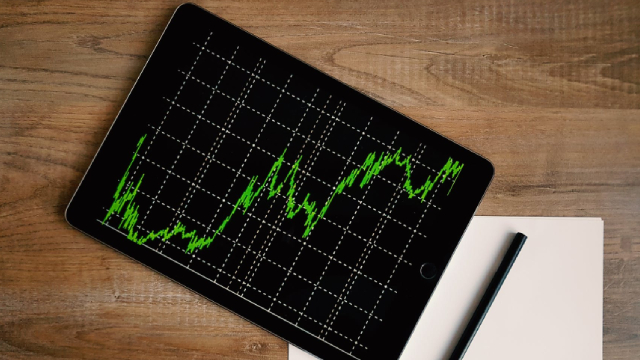Last Week’s Market Volatility: A Closer Look
Last week, the financial world was abuzz with a multitude of economic reports and news that had investors on the edge of their seats. Let’s delve deeper into the key events that shaped the market landscape.
Tariffs
The ongoing trade tensions between the United States and China continued to dominate headlines. The White House announced an increase in tariffs on $200 billion worth of Chinese imports, escalating the trade war between the world’s two largest economies. This decision led to significant stock market volatility, with the Dow Jones Industrial Average experiencing its worst day in over a month.
Fed Chairman Jerome Powell’s Testimony
Federal Reserve Chairman Jerome Powell testified before the House Financial Services Committee, providing insights into the central bank’s monetary policy. Powell reaffirmed the Fed’s commitment to maintaining low inflation and signaled that interest rates would remain on hold for the time being. This news brought some stability to the markets, but uncertainty remained regarding the trade situation.
Inflation Data and CPI/PPI Reports
The release of the January consumer price index (CPI) and producer price index (PPI) reports added to the economic data deluge. The CPI showed a modest increase in inflation, while the PPI revealed a larger-than-expected rise in producer prices. These reports fueled concerns about rising inflation, which could lead to the Fed raising interest rates more aggressively than anticipated.
Impact on Individuals
- Investors: Last week, investors saw significant volatility in the stock market due to the combination of tariff announcements, Federal Reserve testimony, and inflation data. Those with a long-term investment horizon may consider taking advantage of market dips to add to their portfolios. However, short-term traders may face challenges navigating the market’s uncertain waters.
- Consumers: The ongoing trade tensions could lead to higher prices for certain goods, depending on the specific tariffs imposed. Inflation could also impact consumers’ purchasing power, making everyday items more expensive.
Impact on the World
- Global Economy: The escalating trade war between the United States and China could negatively impact the global economy, especially if other countries are drawn into the conflict. The uncertainty surrounding trade policies could lead to reduced business confidence and decreased investment.
- Central Banks: The Fed’s decision to potentially raise interest rates more aggressively in response to inflation concerns could put pressure on other central banks to follow suit. This could lead to a slowing global economy as borrowing costs rise.
Conclusion
Last week’s economic news brought a rollercoaster ride for investors and consumers alike. The ongoing trade tensions, Federal Reserve testimony, and inflation data all contributed to market volatility and uncertainty. Individuals should consider their investment horizon and risk tolerance when navigating the market, while the global economy could face challenges in the form of reduced business confidence and higher borrowing costs.
As always, it’s essential to stay informed about economic news and market trends. By keeping a close eye on these developments, investors and consumers can make informed decisions and adapt to the ever-changing economic landscape.





